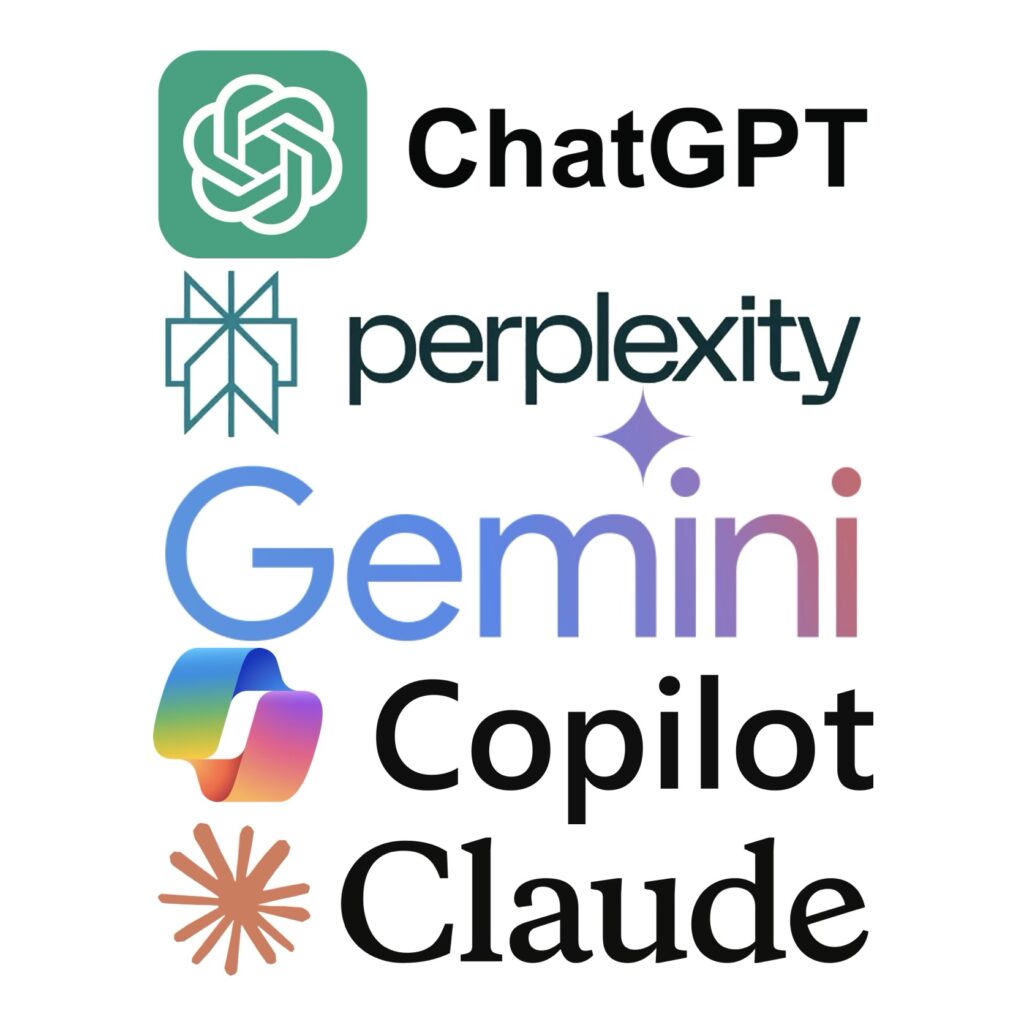The new scene of the search

When, in the mid-90s, the popularization of the Internet began, spurred by the development of a simple and visual interface like the WWW created at CERN by Tim Berners-Lee, it took us users very little time to realize that, faced with the dimension that it was taking, search engines were essential to be able to move in it.
The search engine landscape evolved: from the first, based on the voluntary listing of pages, to the first crawlersto indexing based on term frequencies, to the development of business models based on the sale of results, to the philosophy of portalsand from there, to increasingly better algorithms based on the links. From that battle a single winner emerged, Google, which through multiple evolutions, has exercised incontestable supremacy for decades.
The search landscape now, however, appears to be becoming much more complex. Generative artificial intelligence has come to move all the furniture: more and more users are choosing to ask their favorite algorithm what they are looking for so that it returns a structured answer instead of a simple one. results page full of links. Y with ChatGPT completely dominating the mapthe rest of the competitors need to move quickly to take worthwhile positions.
Thus, the movements around positioning to position themselves as applications installed on devices and as search engines are constant. Perplexity, which was the first to propose a scheme of use similar to that of the traditional search enginecurrently serving more than one hundred million searches per weekit is even proposed a business model based on advertisingand offers now a app native to OS X.
Now, Anthropic has done the same con Claudewhich means that right now, a user already has multiple options to carry out searches from your devicesbetween which companies of very different natures fight. And to finish complete the imageOpenAI announces he SearchGPT release in open challenge to Googlewhat's next trying to compete with some AI Overviews what they don't seem to work well.
An enormously complex panorama, in which demands for cease and desist of newspapers that require companies what your algorithms stop accessing your news in a use of copyright laws that is highly debatable, with users accessing erroneous informationand with regulators trying unsuccessfully to take advantage. The combination of artificial intelligence and search can break the web as we know itand from all these movements a map completely different from the previous one can emerge.
What is at stake is neither more nor less than the future of the Internet. With ChatGPT as the absolute dominator as a reflection of a well-played first-mover advantage, the rest need to move quickly if they do not want to see either their position severely eroded – in the case of Google and Microsoft – or their ambitions drastically truncated – like Perplexity or Anthropic. Anyone who does not move and position themselves quickly runs the risk of not being in the photo.
The situation is very reminiscent of what happened at the end of the '90s, when from among a relatively undifferentiated set of players in search (Altavista, Lycos, Excite, Yahoo!, AskJeeves, etc.) Termأ3 rising a giant who did things differently and managed to completely dominate the search for the following decades. Now, however, no one will be surprised if the panorama in a few years becomes completely different, and our behavior when searching for information changes drastically. For all intents and purposes, it is clear who has the most to lose. But it is not at all obvious who may have the most to gain. Let's hold on tight, it seems like curves are coming.
This article is also available in English on my Medium page,آ آ«It’s a search engine, Jim, but not as we know itcome on
